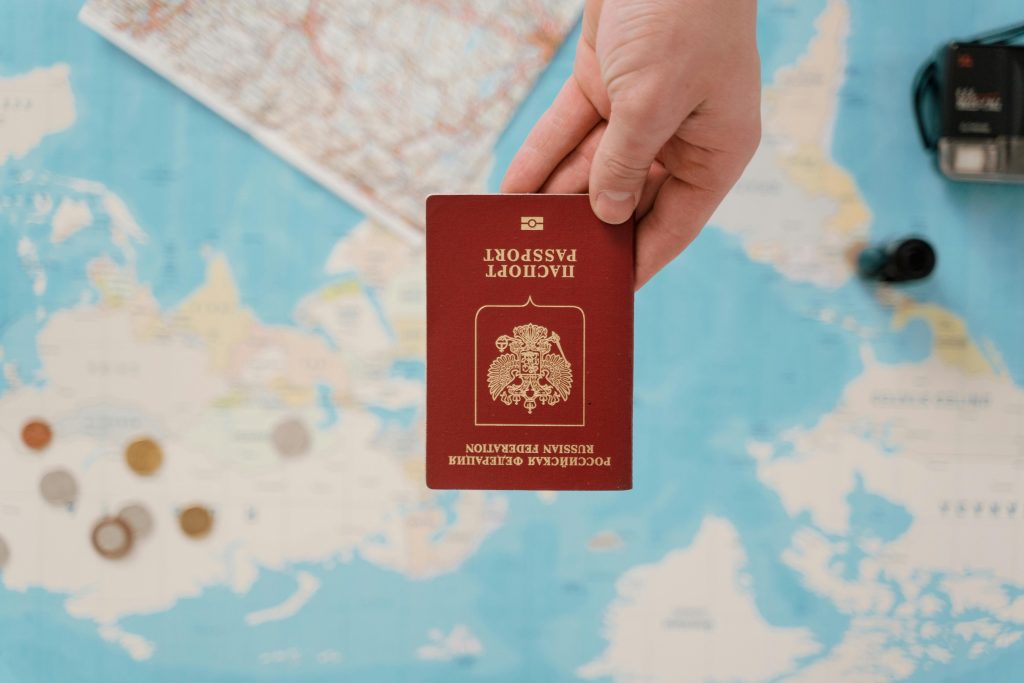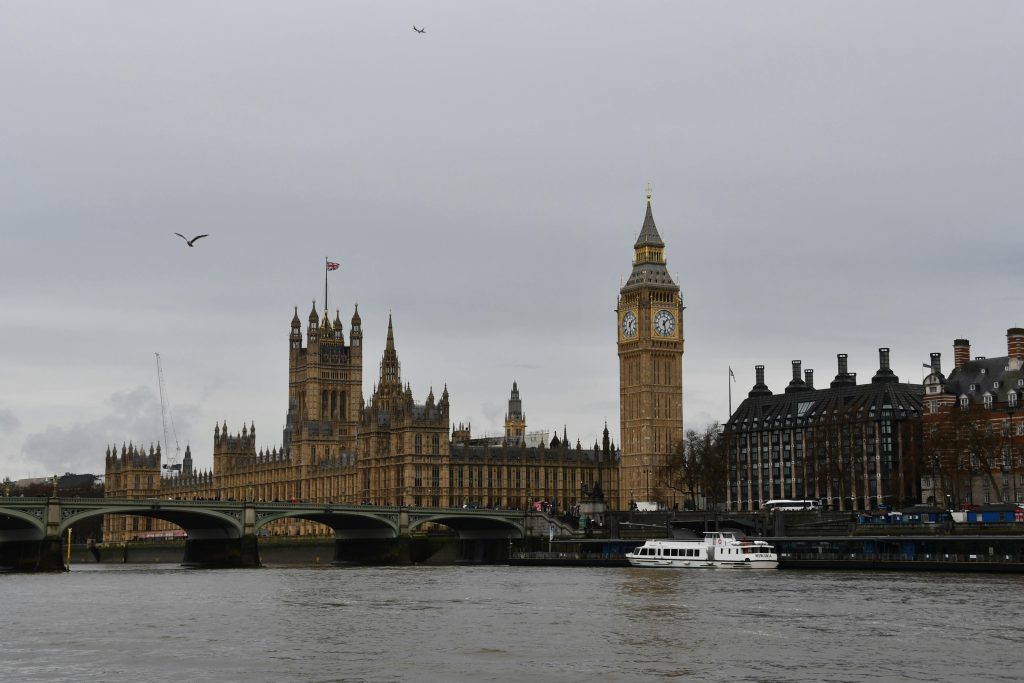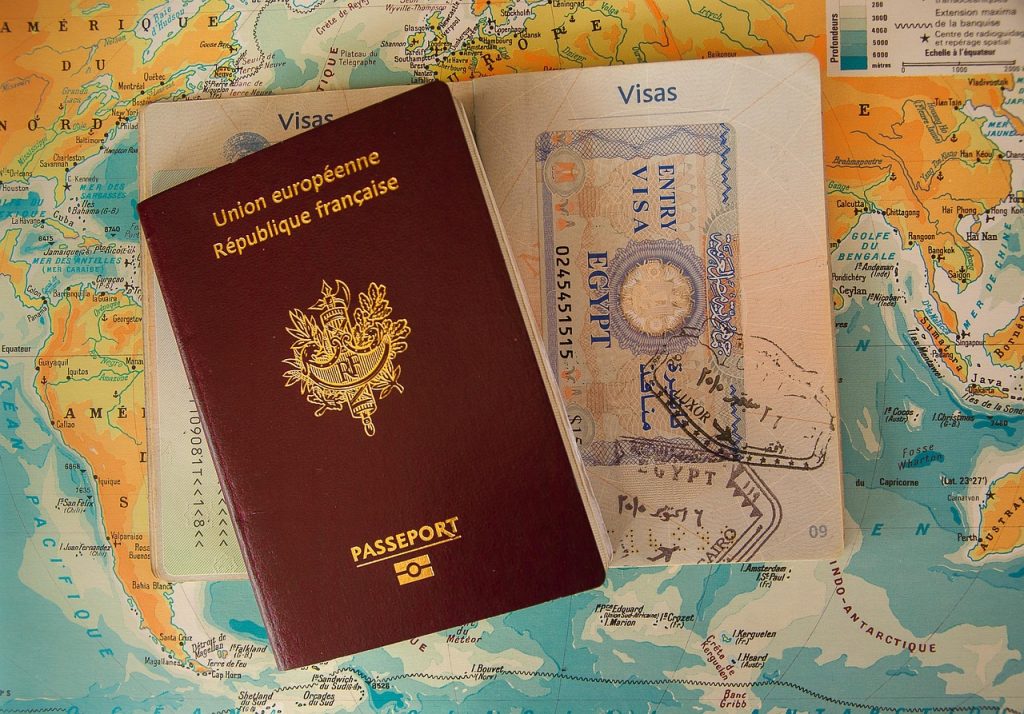Introduction
Have you submitted your visa application weeks ago and still haven’t received a decision? You’re not alone. Visa processing delays have become a global concern, especially after the COVID-19 pandemic and ongoing immigration policy changes. This article explores why visa applications are delayed, which countries are most affected, and practical steps you can take if your application is stuck.
⏳ Common Reasons for Visa Delays
1. Backlog Due to COVID-19
Most visa centres and embassies had to reduce operations during the pandemic. Some countries are still clearing old applications while handling new ones.
2. High Volume of Applications
Student intakes, work visa seasons, or travel surges (like summer holidays) often lead to a backlog of visa applications.
3. Security and Background Checks
Applications flagged for security checks or requiring manual review (e.g., dual nationality or travel to restricted countries) take longer to process.
4. Incomplete or Inconsistent Documents
Missing bank statements, unverified sponsor letters, or mismatched forms can delay your application — even if you weren’t notified.
5. Administrative Processing
In the US, for example, visa applicants are sometimes put in “administrative processing” after their embassy interview — with no clear deadline.
🌍 Countries with Ongoing Delays
- USA: Student (F1) and visitor (B1/B2) visa appointments delayed in many regions
- Canada: PR and student visa backlogs still clearing post-pandemic
- UK: Student visa rush during September/January intakes
- Schengen Zone: Summer travel surge causes delays in France, Italy, and Germany
✅ What You Can Do
- Track Your Application Online
Use embassy or VAC (Visa Application Centre) tracking portals. Each country has a system (e.g., VFS Global, TLScontact, IRCC, USCIS). - Contact the Visa Office
If your application exceeds normal processing times, contact the embassy via email or online enquiry form. Use your tracking or reference number. - Submit a CSE (Case-Specific Enquiry)
For Canada, use the IRCC CSE form to follow up. The UK also allows escalation through a paid enquiry service. - Avoid Multiple Enquiries
Bombarding the embassy with daily messages can backfire. Be patient and respectful. - Consider Legal or Expert Help
If it’s urgent or time-sensitive (like school start dates), speak to an immigration adviser or certified consultant.
Conclusion
Delays are frustrating — especially when your plans depend on timely approval. While embassies are under pressure, understanding what’s happening behind the scenes can help reduce anxiety and guide your next steps. For urgent visa categories like student or family reunion, explore our downloadable escalation templates under News & Tools.


